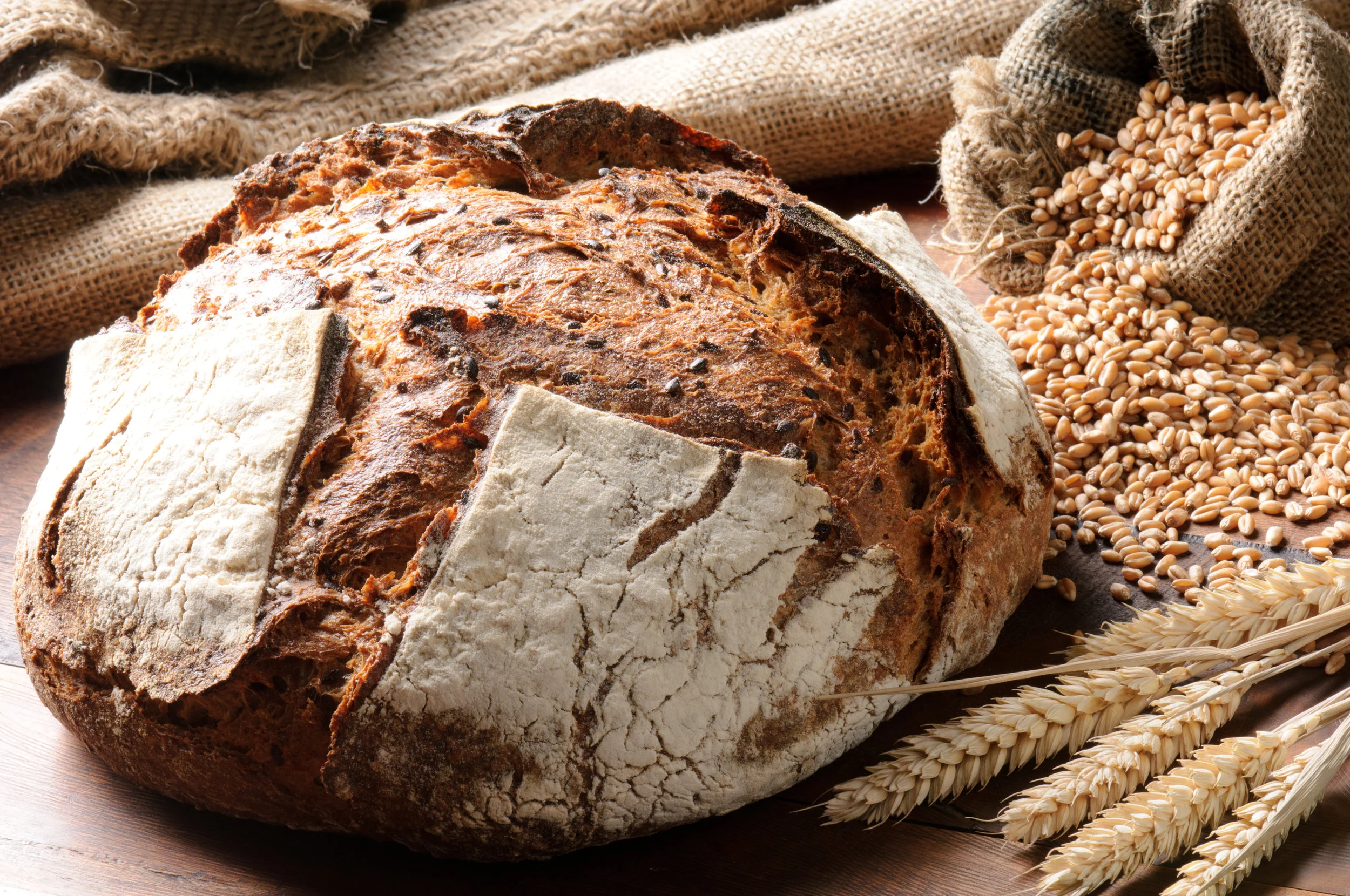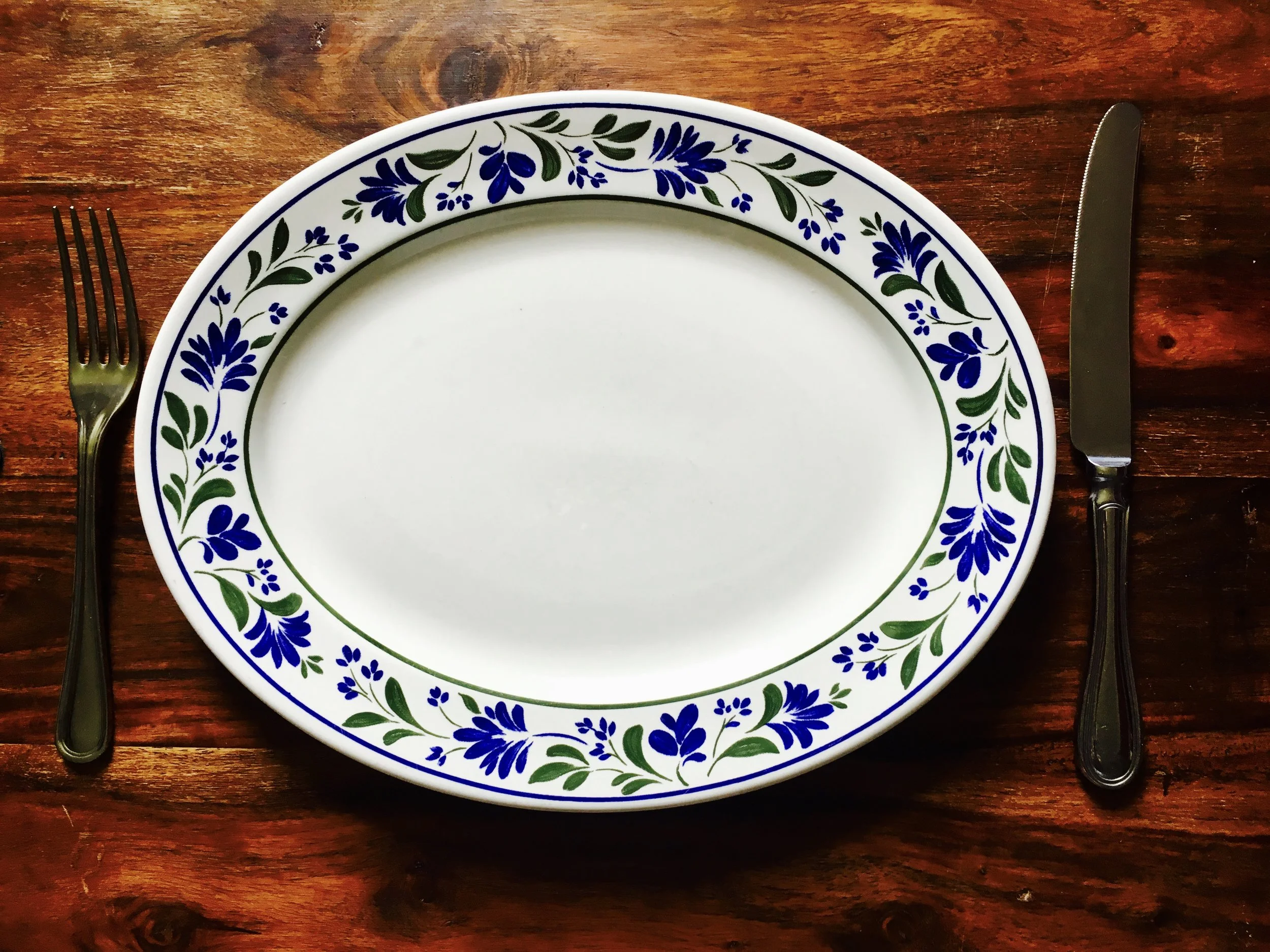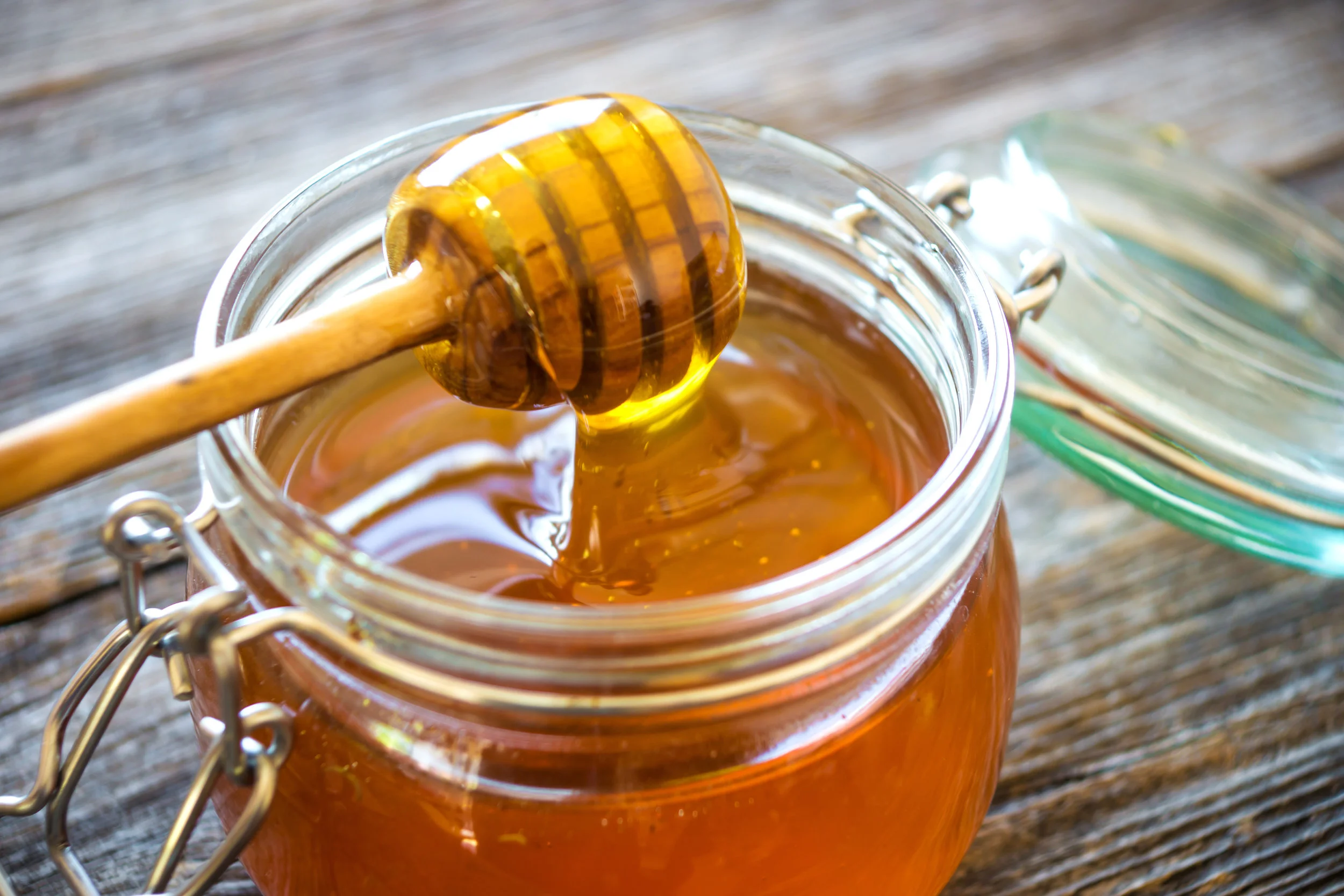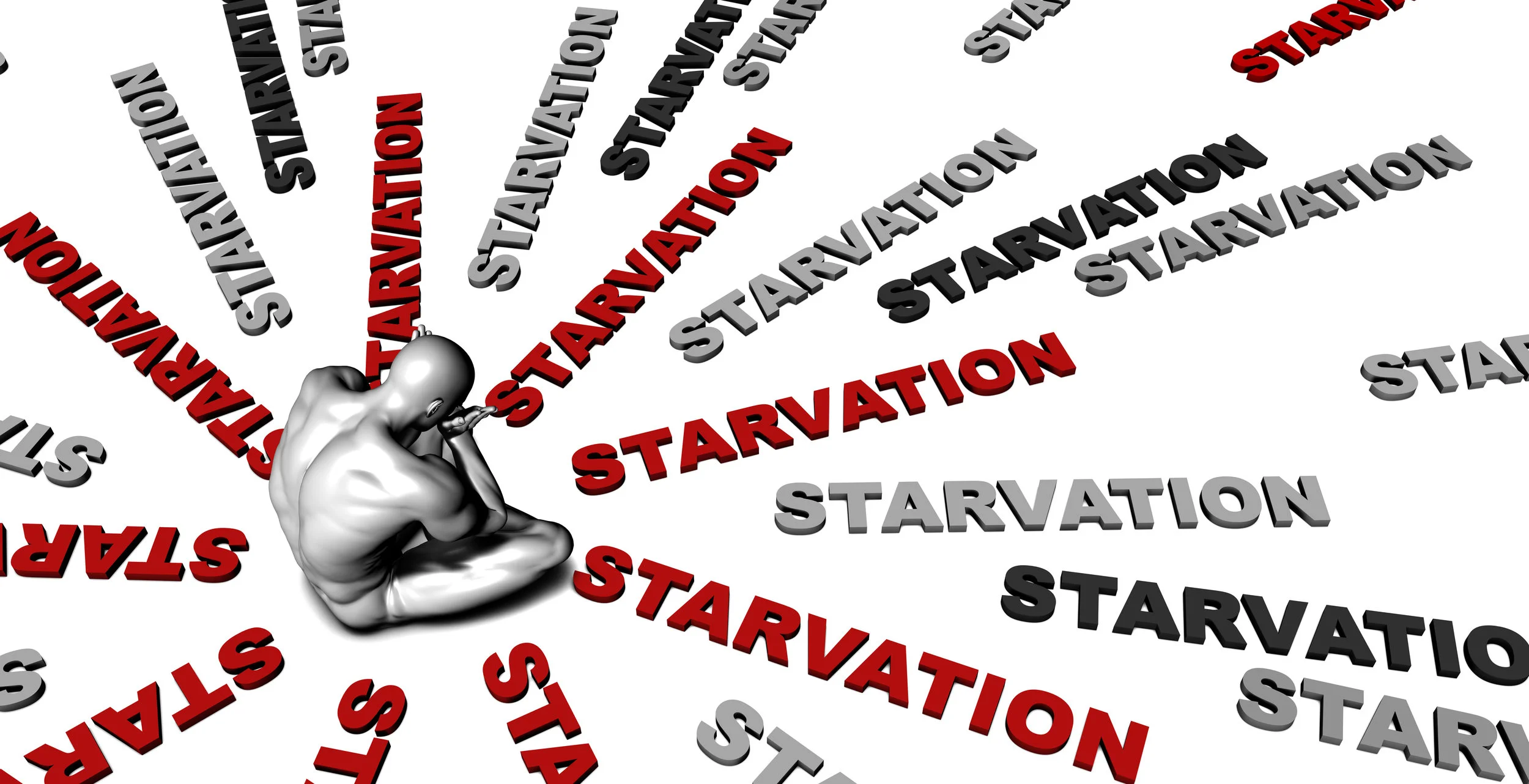As humans, we run on 2 fuels… Carbohydrates and Fats. Protein is used for building things (think hormones, enzymes, tissues, etc…) so we tend not to burn it for energy unless absolutely necessary. Now I’m going to use an analogy to explain how we use each fuel. We can think of carbohydrates are kindling that we might use to start a fire. Kindling burns quickly and if that is all we have for fuel, we’ll need a continuous supply to keep the fire burning. Fats on the other hand can be thought of as logs. When we drop a log on the fire, it takes awhile to get going but once it’s lit it provides steady heat for a considerable time without the need to constantly top up…
When it comes to food, quality trumps quantity, every time.
One of the world’s biggest (and most expensive) challenges today is mopping up the disease that results from eating too much food. For the first time in human history we live in a world where there is more obesity than there is starvation. Some would have us think that weight loss is simply a matter of calories in versus calories out but we now know that it's the nutritional composition of those calories that have the biggest implication to health.
Gluten - Problem Protein or Fad Food Fear?
Until the introduction of agriculture, roughly 10,000 years ago, grains were virtually non-existent in the human diet. Since that time, the cultivation of wheat has literally served as an anchor for the expansion of civilisation as we know it. In Roman times, wheat was the primary fuel used to power the Roman army and every man in the republic was entitled to a wheat dole equivalent to 3,000-3,500 calories a day.(1) Bread has been considered “the staff of life” since biblical times (“give us this day our daily bread”) and today it is one of the most widely consumed staple foods in the world. So can something so pivotal to human civilisation actually be bad for us?
Can you do without? - The latest on Fasting
With the festive season behind us some of us may be carrying a few more pounds than we were during our summer holidays. The run up to Christmas can be a minefield of overindulgence. According to the British Dietetics Association the average person consumes 6,000 calories (kcal) on Christmas day itself and it’s not uncommon for people to average an extra 500kcal per day throughout the holiday period, amounting to a potential weight gain of 5lbs by the time January rolls around.(1)
Sugar - What's the alternative?
You don’t have to look far these days to find a headline about how sugar is bad for our health. This universal sweetener has come under heavy fire of late and appears to have earned the position of public health enemy number one. We’ve known for decades that sugar promotes tooth decay but with the spotlight now on the scientific evidence linking sugar with obesity and the top chronic diseases of type-2 diabetes, heart disease(1), stroke(2), dementia(3) and cancer(4), governments around the world are starting to take action by taxing sugary drinks, placing limitations on advertisers and simple labeling to show consumers just how much sugar they’re consuming.
Starvation Mode - unravelling facts from fiction
Human beings did not evolve on three square meals a day. As hunter-gatherers we ate what we could find when we could find it. We used considerable energy to obtain food and as it wasn’t always accessible, we developed a dynamic metabolism that enables us to survive extended periods without eating. However, in today’s developed world with food never far from reach, we don’t often put our ancient metabolism to the test and we treat momentary hunger as something to be crushed, urgently.
Looking Good from the Inside - Cosmetics vs Nutrition
The UK cosmetic industry was worth over £8b in 2014 and making up nearly half of the market (49.9%) was the sales of skincare, haircare and deodorant products1. Globally, the male demographic accounts for 1/5th of this market and is expected to continue growing through 20202. Although many men still don’t want to admit to using skincare products, the sales growth speaks for itself and suggests that the moisturizing man is coming out of the closet.








